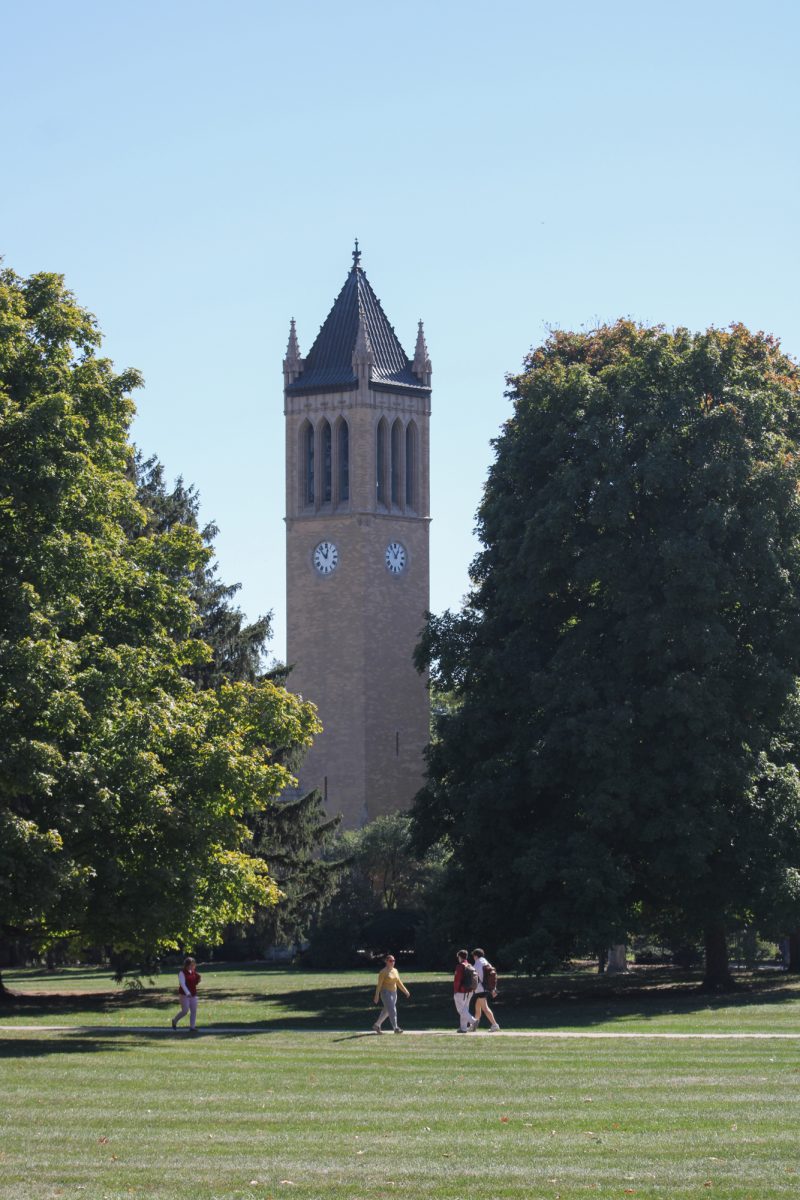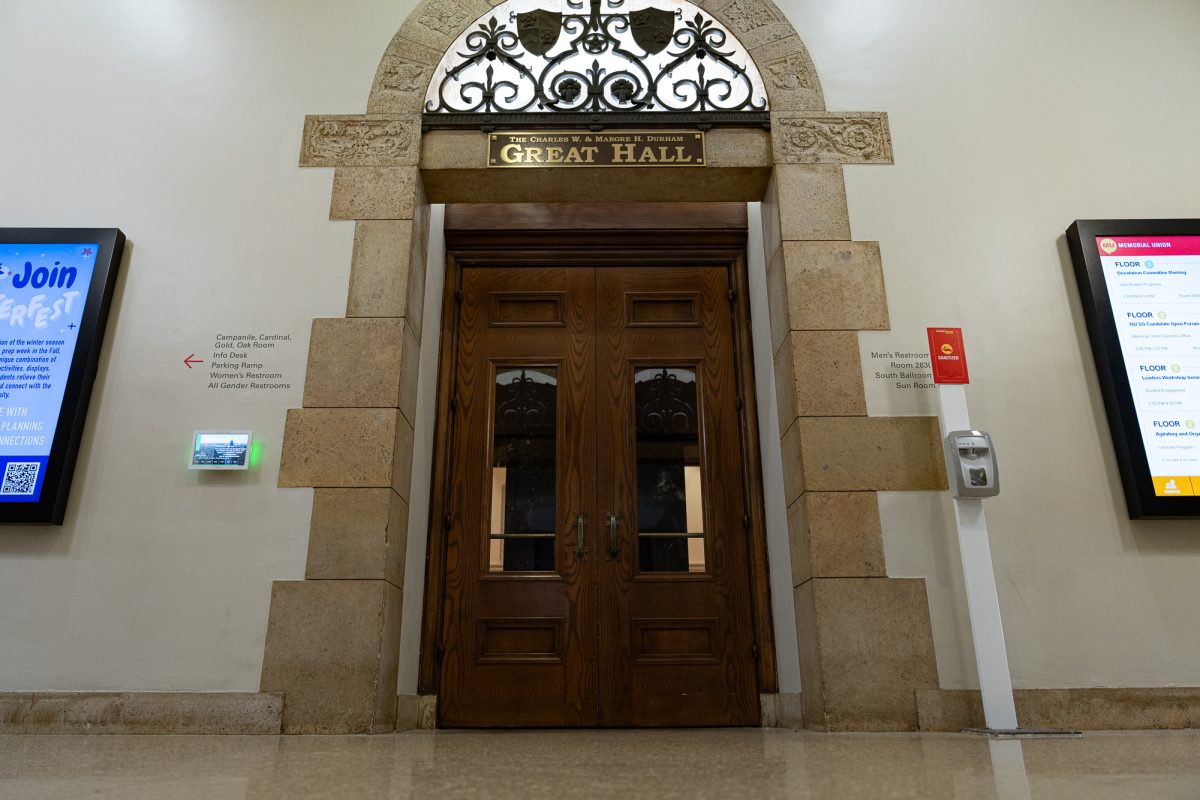Consortium unites ag programs
October 19, 1998
An important part of the agriculture education program at Iowa State involves studying the international aspects of agriculture, and soon this area will have a new resource.
The International Consortium for Agricultural Education is a new organization combining the agricultural programs from universities around the world.
The consortium was formed at a conference last month, and the universities currently participating are ISU, Humboldt University in Berlin and the National Agricultural University of Ukraine in Kiev.
As the consortium continues, other agricultural universities, research institutes and international agricultural organizations will join the group.
The new organization will provide joint research opportunities for students in the participating universities. According to a press release, this will give future agricultural professionals, who will be involved in solving such world issues as food shortage and environmental issues, a broader base of knowledge and experience.
“Agricultural universities need to increase their understanding of the curricula of similar institutions around the world,” said ISU President Martin Jischke, president of the new consortium, in a press release.
“It’s only after we identify areas of commonality that we can effectively work to modify our curricula to make it easier for students and faculty to participate in exchanges and joint research projects,” he said.
Other ISU faculty involved in the consortium are Provost John Kozak, who is acting as vice president, and Dean of the College of Agriculture David Topel, who is serving on the group’s board of directors.
Topel said the new consortium is beneficial for ISU.
“This is a new unique opportunity for agricultural universities throughout the world to strengthen their foundation for agricultural education,” he said.
Topel said many aspects of the international market deal with agricultural issues, and students need to be prepared for that responsibility. Through this program, agricultural universities will be able to share information on their curricula and provide an enhanced program for their students.
ISU has been working with the National Agricultural University of Ukraine to revise that institution’s curriculum. This has resulted in exchanges between the faculty of the two institutions and two memoranda of agreement between the universities, according to a press release.
Funding for this program is being provided by the United Nations Educational, Scientific and Cultural organization.






